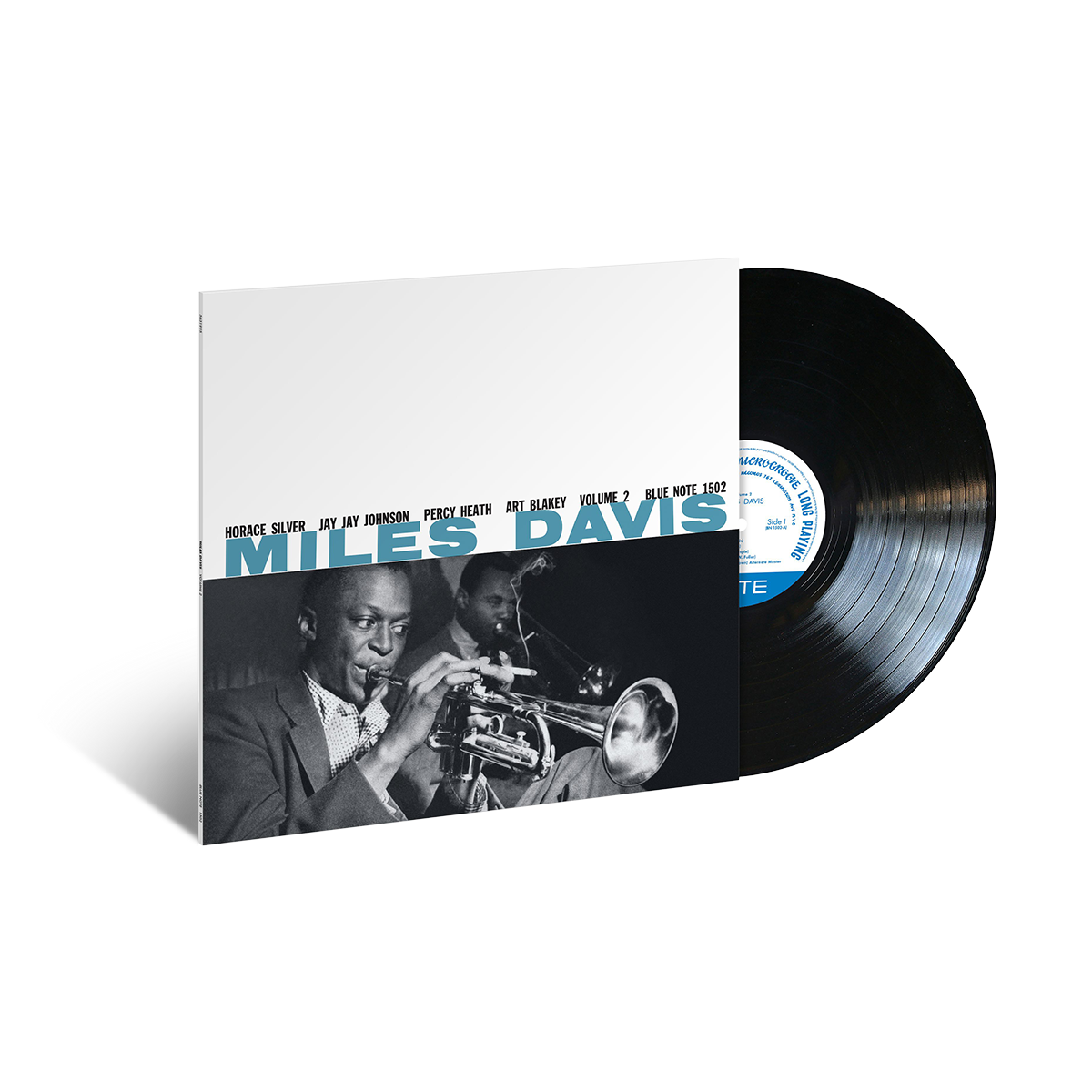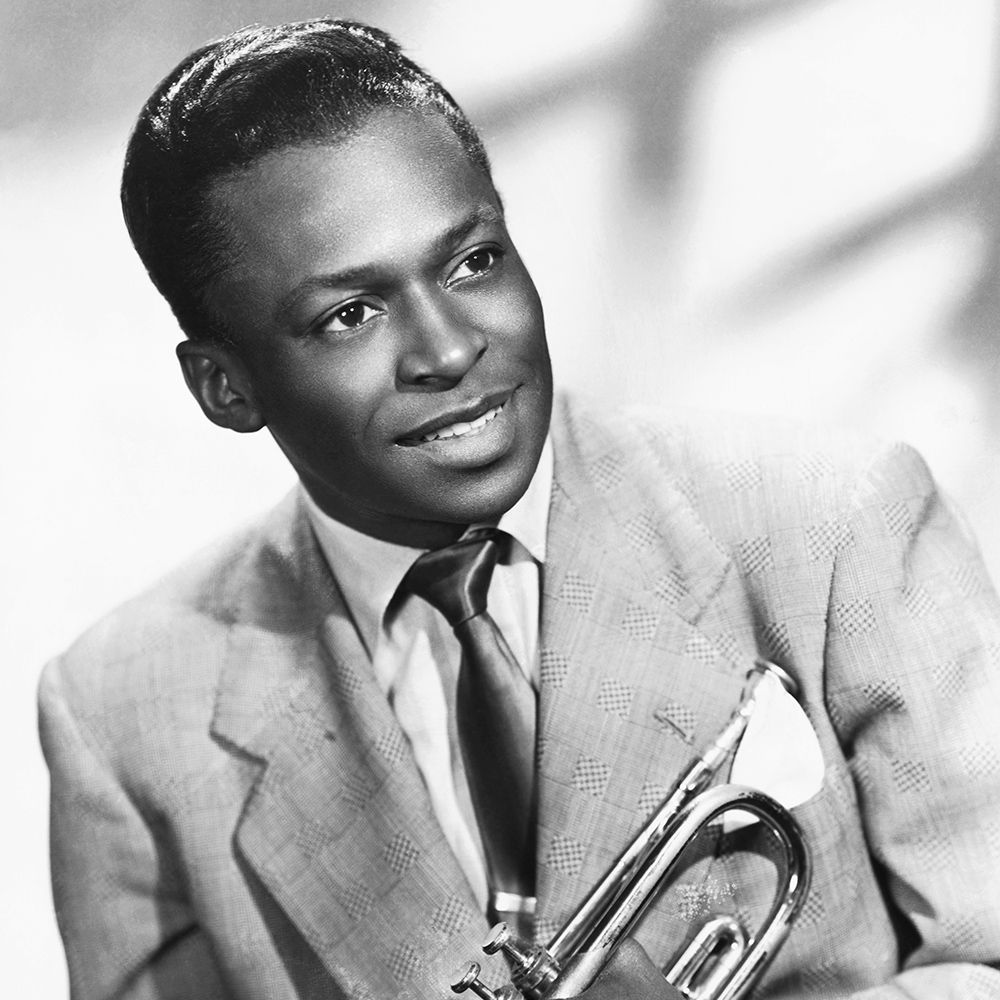Miles Davis genre is a fascinating subject that transcends the boundaries of traditional jazz music. As one of the most influential musicians in history, Miles Davis has left an indelible mark on the world of music, shaping multiple genres and inspiring countless artists. In this article, we will delve deep into the various styles and genres that Miles Davis explored throughout his illustrious career.
From bebop to cool jazz, modal jazz, and beyond, Miles Davis was never confined to a single genre. His music evolved continuously, reflecting his innovative spirit and relentless pursuit of artistic expression. This article aims to provide a comprehensive overview of the Miles Davis genre, highlighting his contributions to the music industry and his lasting impact on modern music.
By exploring the various phases of Miles Davis's career, we can better understand the depth and complexity of his artistry. Through this exploration, we hope to inspire readers to appreciate the diverse range of musical styles that Miles Davis mastered and continue to influence musicians worldwide.
Read also:Who Was Aubreigh Wyatt A Detailed Exploration Of Her Life And Legacy
Table of Contents
- Biography of Miles Davis
- Early Career and Bebop
- Cool Jazz: A New Direction
- Modal Jazz and Kind of Blue
- The Fusion Era
- Electric Period and Innovation
- Influence on Modern Music
- Exploring Miles Davis's Musical Genres
- Awards and Recognition
- Miles Davis's Legacy
- Conclusion
Biography of Miles Davis
Miles Dewey Davis III was born on May 26, 1926, in Alton, Illinois, and raised in East St. Louis. He was an American jazz trumpeter, bandleader, and composer, widely regarded as one of the most influential musicians of the 20th century. Below is a table summarizing key aspects of his life:
| Full Name | Miles Dewey Davis III |
|---|---|
| Birth Date | May 26, 1926 |
| Birthplace | Alton, Illinois |
| Profession | Jazz Trumpeter, Composer, Bandleader |
| Years Active | 1944–1991 |
| Death Date | September 28, 1991 |
Early Career and Bebop
Introduction to Bebop
Miles Davis's early career was deeply rooted in bebop, a fast-paced and complex jazz style that emerged in the 1940s. During this period, Davis played with some of the greatest musicians of the time, including Charlie Parker and Dizzy Gillespie. His trumpet playing was characterized by a unique tone and phrasing, setting him apart from his contemporaries.
Cool Jazz: A New Direction
Birth of Cool Jazz
In the early 1950s, Miles Davis pioneered the cool jazz movement, which emphasized a more relaxed and introspective sound. This shift marked a departure from the frenetic energy of bebop. Cool jazz was characterized by its use of softer tones and slower tempos, creating a more contemplative listening experience.
- Cool jazz focused on melodic simplicity.
- Miles Davis's album "Birth of the Cool" became a cornerstone of this genre.
- This era laid the groundwork for future innovations in jazz music.
Modal Jazz and Kind of Blue
The Masterpiece "Kind of Blue"
Miles Davis's exploration of modal jazz reached its peak with the release of "Kind of Blue" in 1959. This album is often regarded as one of the greatest jazz records of all time. Modal jazz emphasized the use of modes rather than traditional chord progressions, allowing musicians greater freedom in improvisation.
According to a report by All About Jazz, "Kind of Blue" has sold over four million copies worldwide, making it the best-selling jazz album in history.
The Fusion Era
Experimentation with Fusion
In the late 1960s and early 1970s, Miles Davis embraced the fusion genre, blending jazz with rock, funk, and other styles. This period saw the introduction of electric instruments and electronic effects, creating a sound that was both innovative and controversial. Albums like "Bitches Brew" exemplified this fusion approach.
Read also:Kim K On Beach The Ultimate Guide To Her Iconic Moments And Style
Electric Period and Innovation
Pushing Boundaries
Miles Davis's electric period marked a bold departure from traditional jazz. He incorporated elements of rock, funk, and world music into his compositions. This era showcased his willingness to experiment and challenge the status quo, further cementing his status as a musical pioneer.
Influence on Modern Music
Impact on Artists Today
Miles Davis's influence extends far beyond the jazz world. His innovative approach to music has inspired countless artists across various genres, including hip-hop, rock, and electronic music. Many contemporary musicians cite Miles Davis as a major influence on their work.
Exploring Miles Davis's Musical Genres
A Journey Through Jazz
Throughout his career, Miles Davis explored a wide range of genres, including:
- Bebop
- Cool Jazz
- Modal Jazz
- Fusion
- Electric Jazz
Each genre reflects a different facet of Miles Davis's musical genius and his ability to adapt and evolve with the times.
Awards and Recognition
Honors Received
Miles Davis received numerous awards and honors during his lifetime, including multiple Grammy Awards. His contributions to music have been recognized by institutions worldwide, solidifying his place as one of the most important figures in the history of jazz.
Miles Davis's Legacy
Enduring Influence
The legacy of Miles Davis genre continues to inspire musicians and music lovers alike. His relentless pursuit of artistic excellence and his willingness to push boundaries have left an indelible mark on the world of music. Miles Davis's music remains relevant and influential to this day.
Conclusion
In conclusion, the Miles Davis genre encompasses a wide array of musical styles, each reflecting a different phase of his illustrious career. From bebop to fusion, Miles Davis's contributions to jazz and modern music are unparalleled. We encourage readers to explore his extensive discography and discover the depth and complexity of his artistry.
We invite you to share your thoughts and insights in the comments section below. Additionally, feel free to explore other articles on our website for more in-depth discussions on music and its impact on culture. Together, let's celebrate the enduring legacy of Miles Davis and the world of jazz music.


